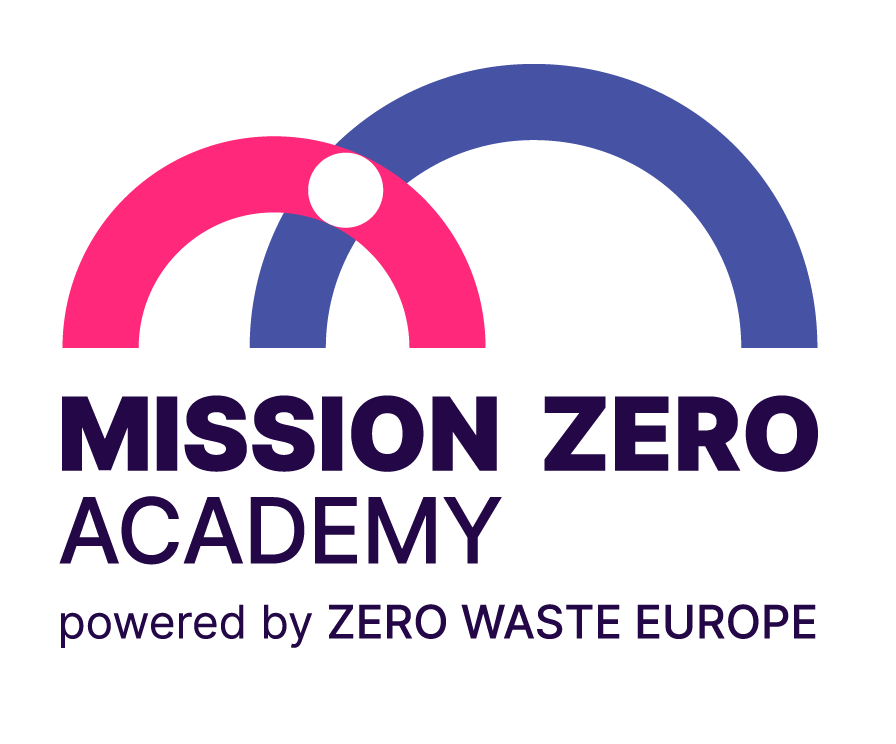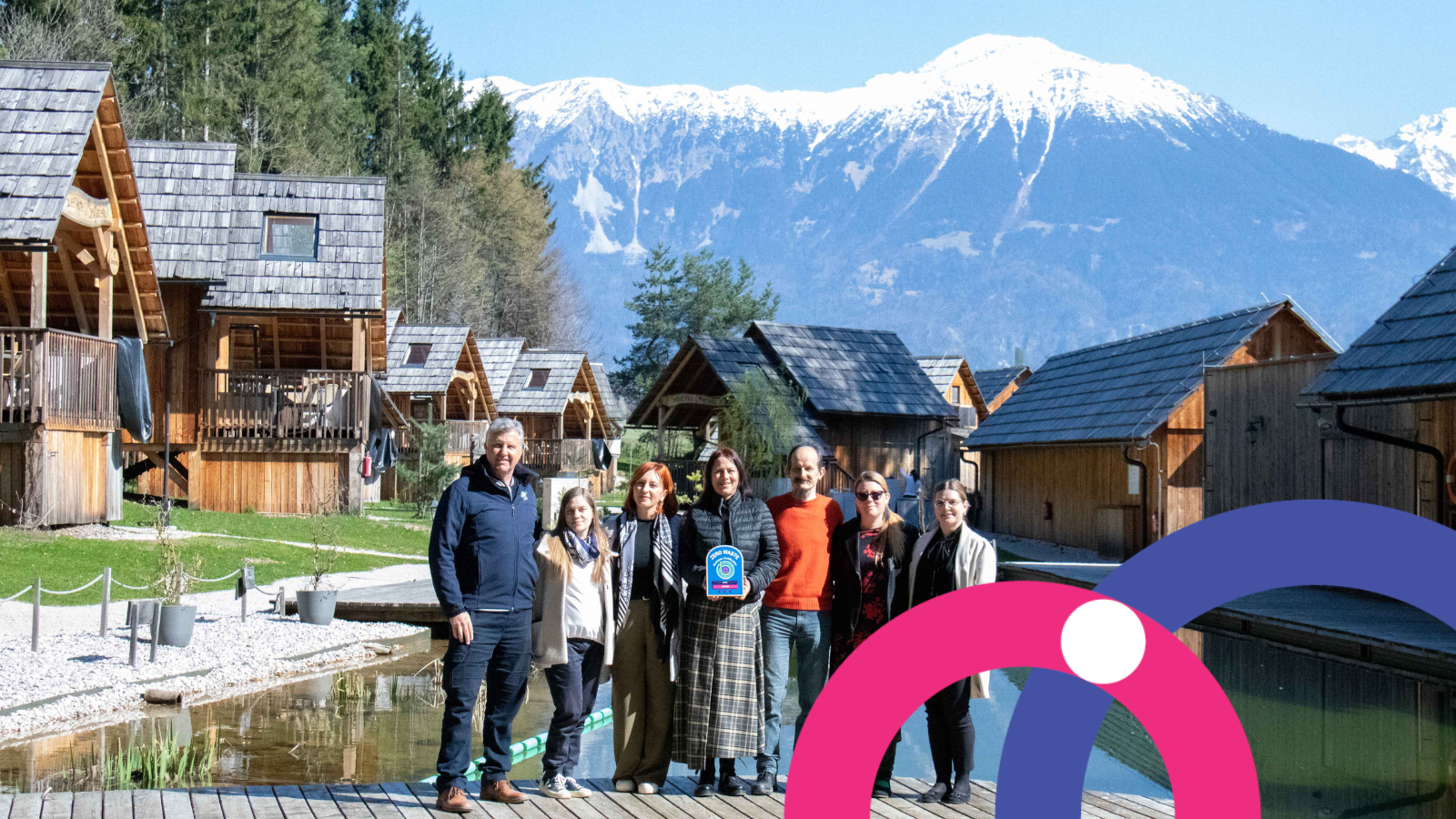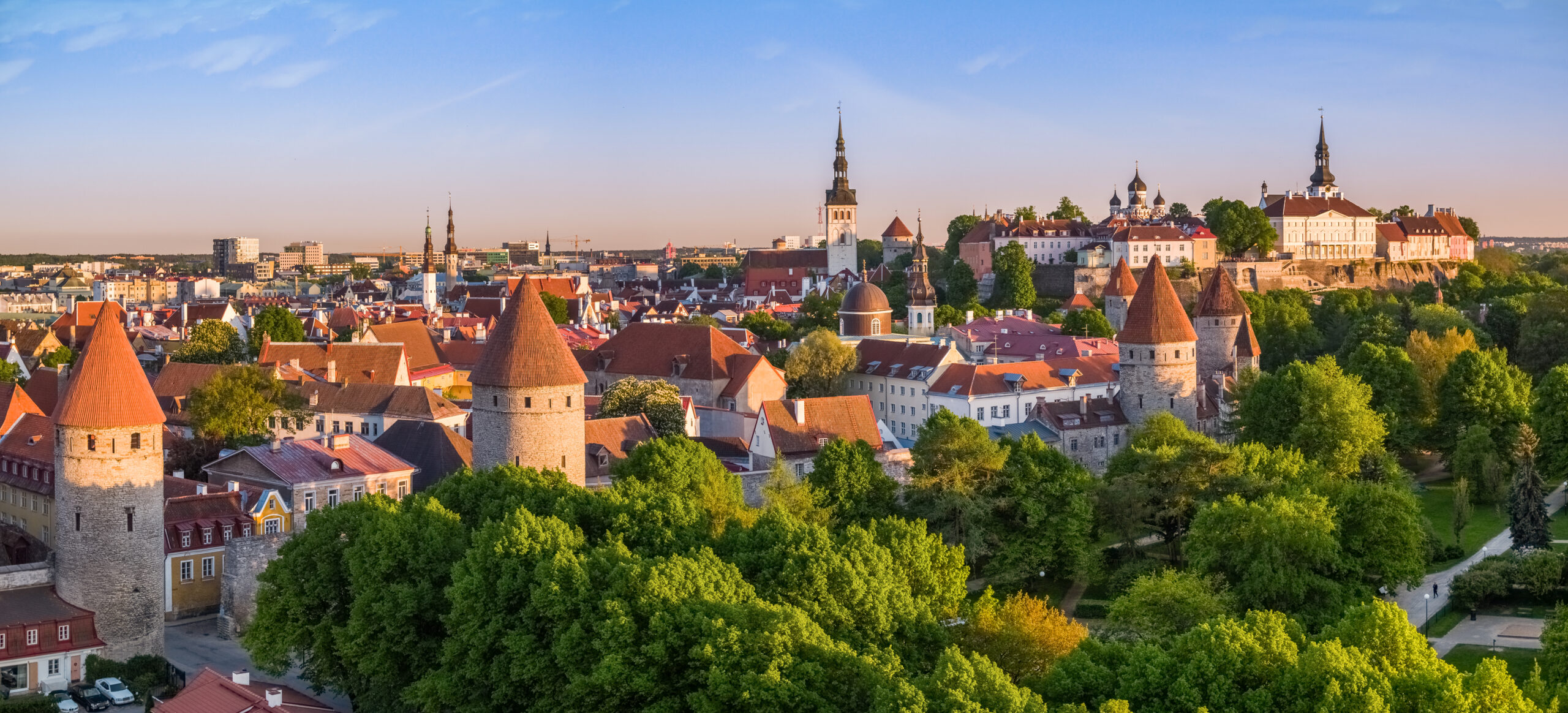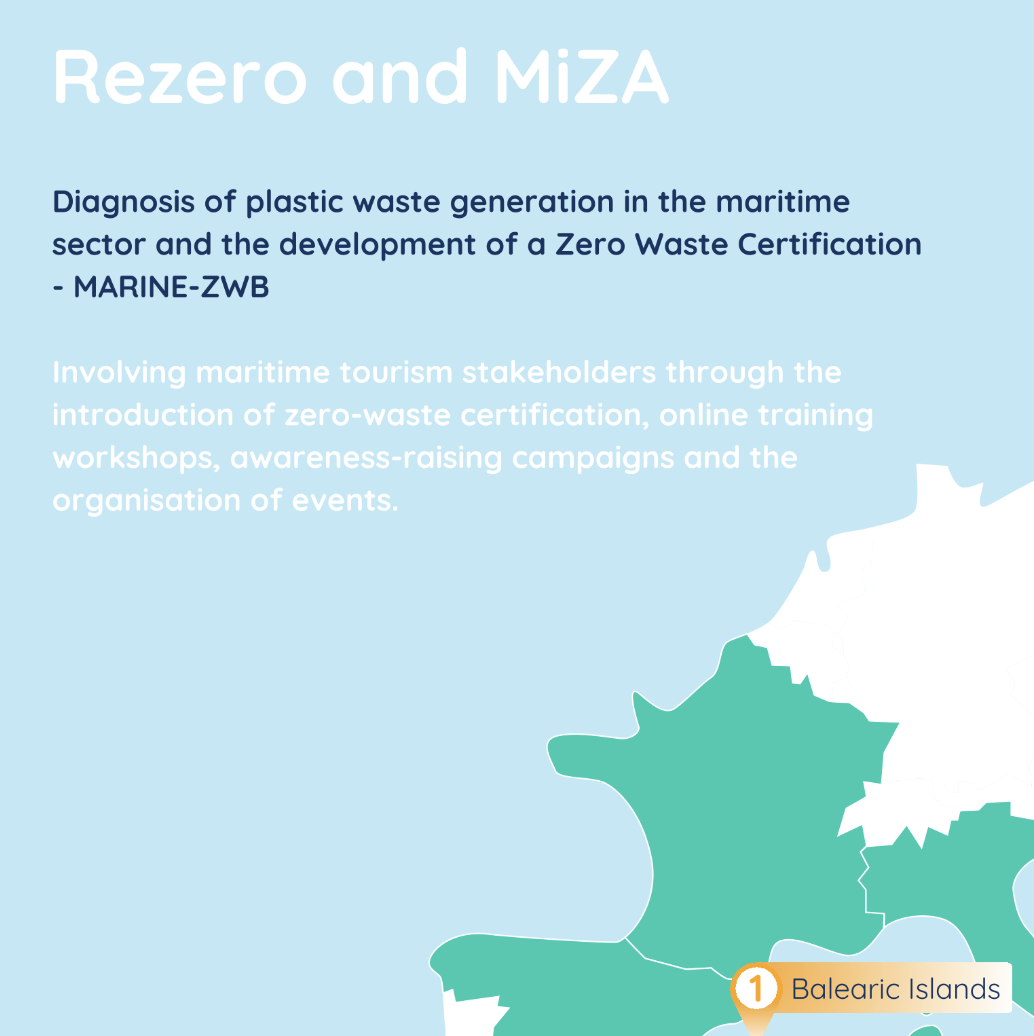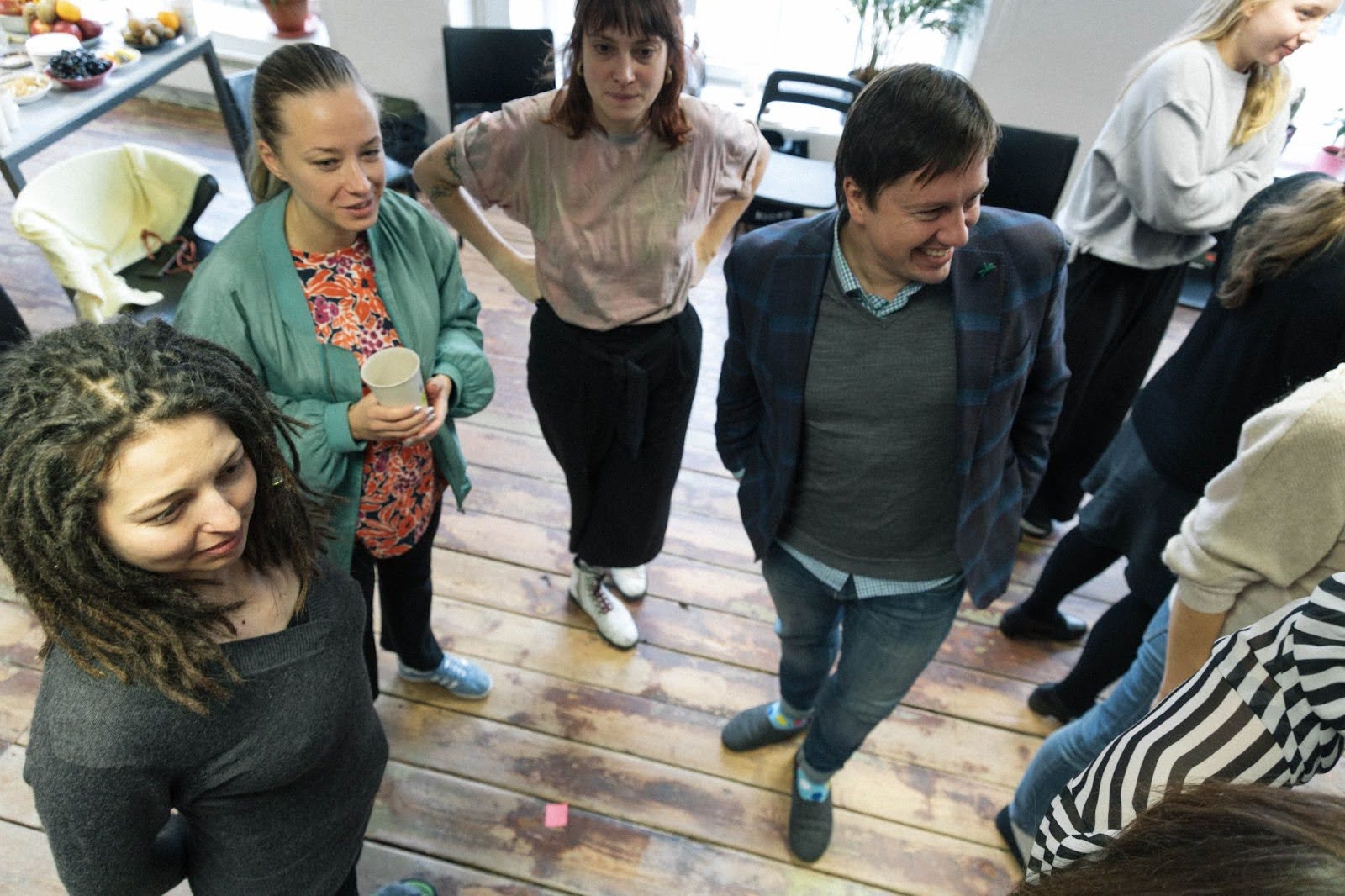Bled, 9 April 2025 – By meeting stringent criteria, Ribno Alpine Resort has today become the leading international Zero Waste best practice. The highest level of the European Zero Waste Business Certification was awarded by Vanja Cicmil, auditor for Mission Zero Academy from Zero Waste Montenegro, in cooperation with Ecologists Without Borders.
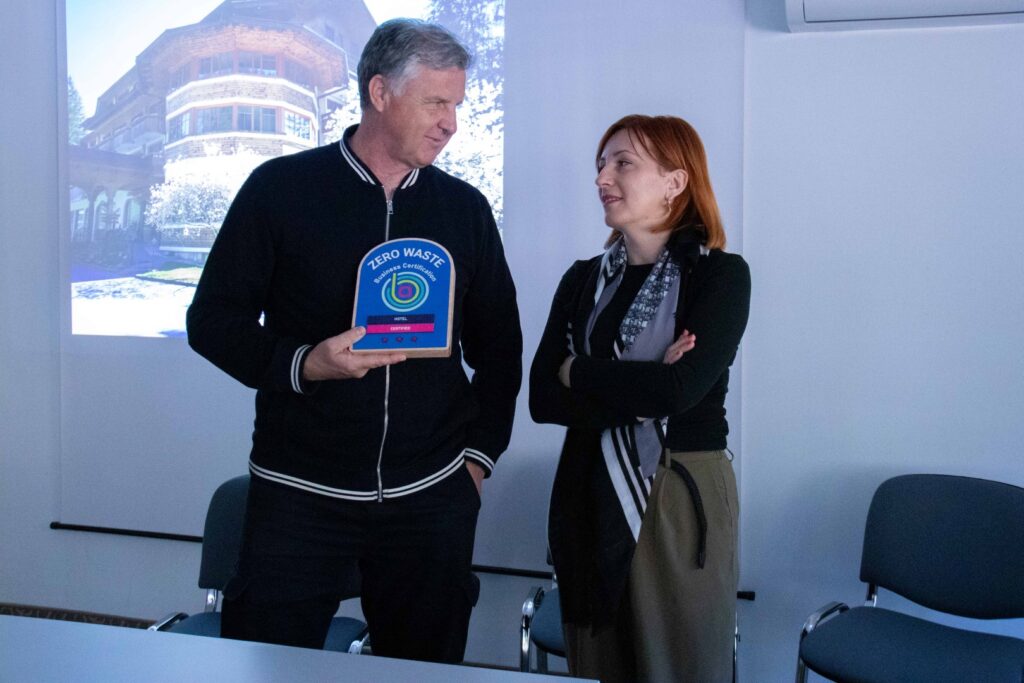
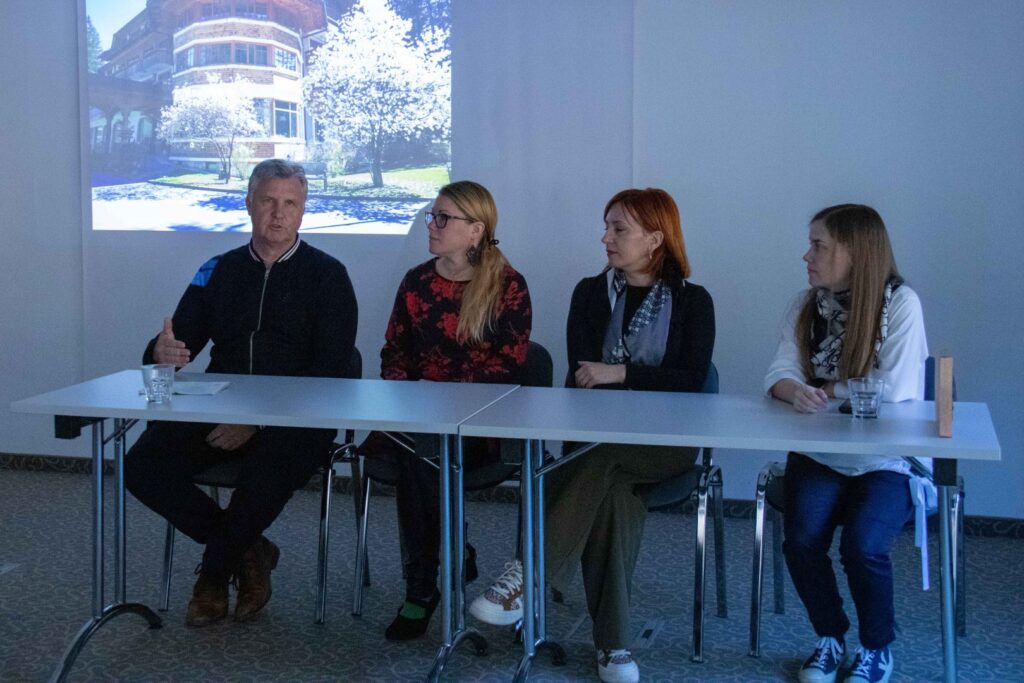
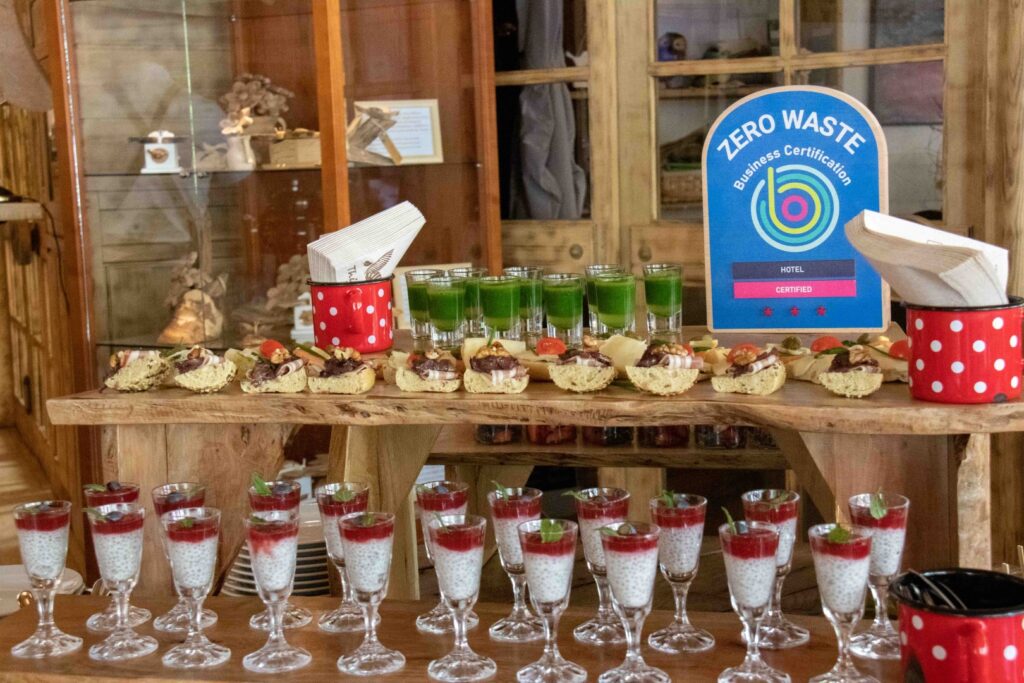
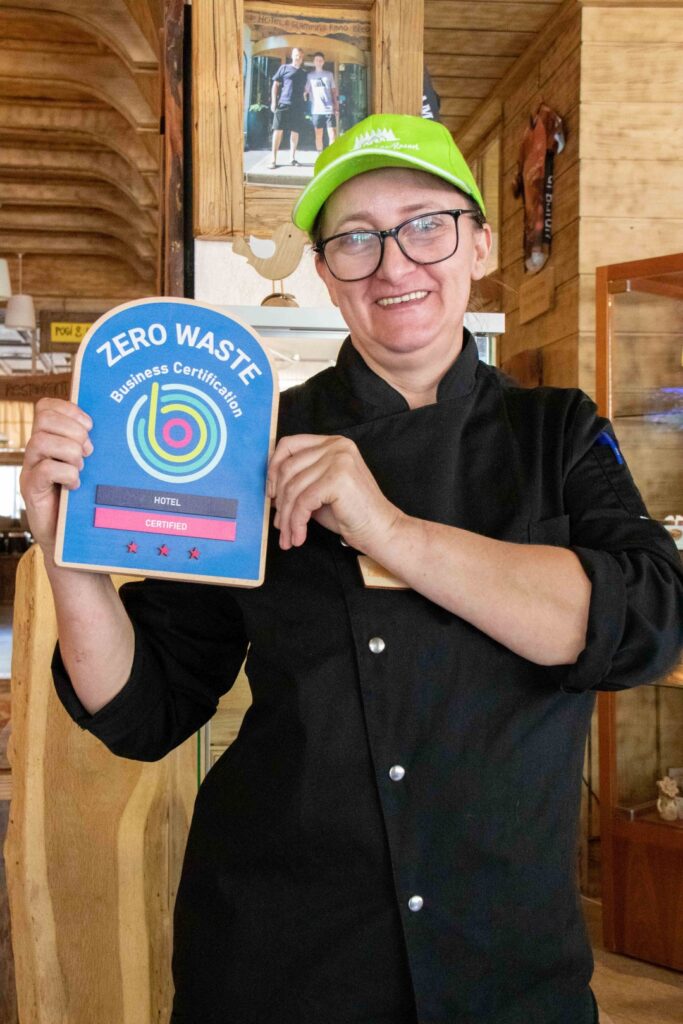
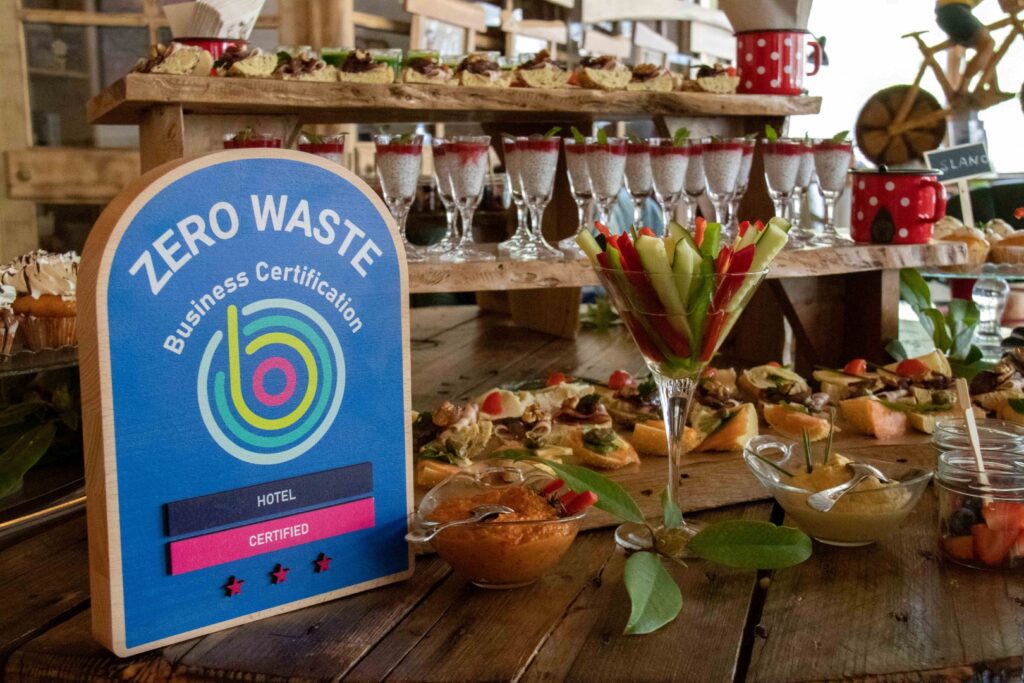
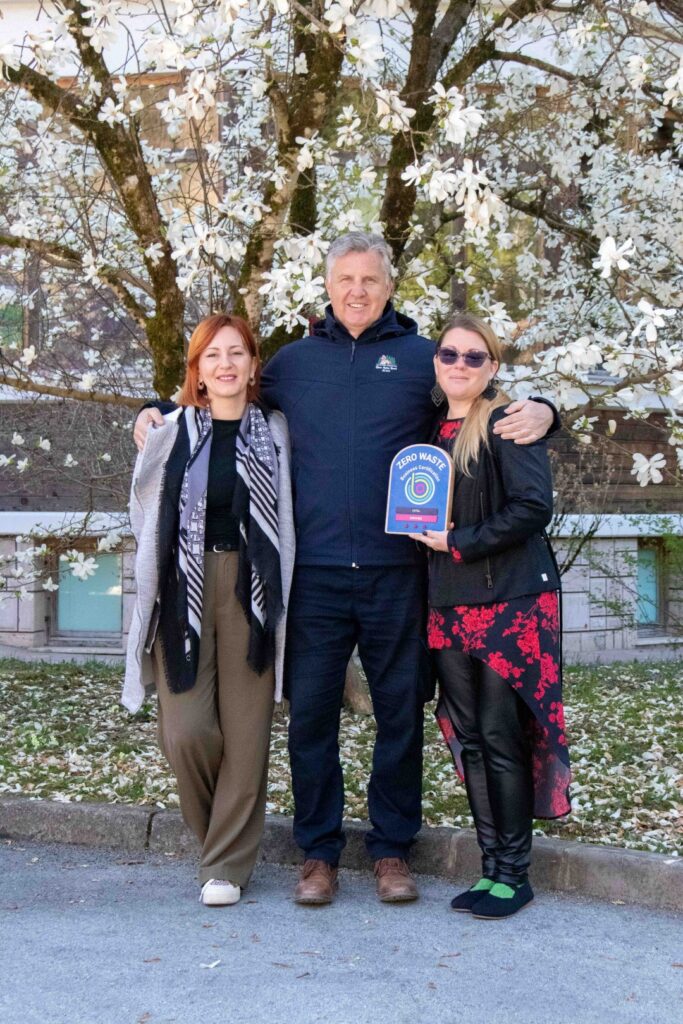
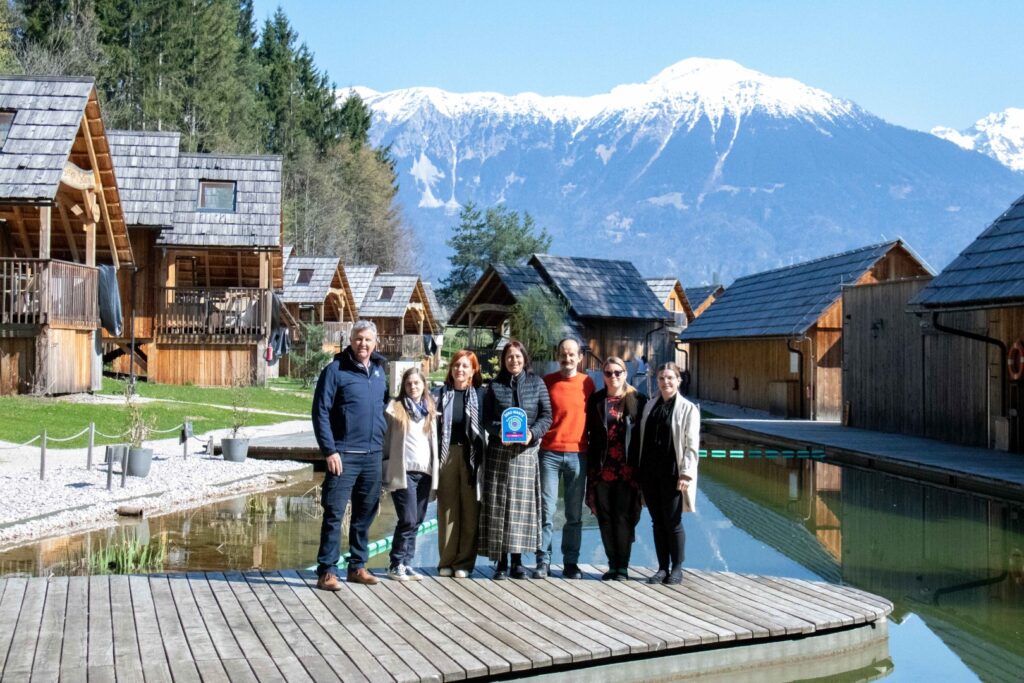
“Ribno Alpine Resort’s efforts go beyond expectations and present a vision of tourism that respects nature, supports the local community, and invites both staff and guests to be part of the solution,” Cicmil commented during the award ceremony. “The resort sets inspiring standards for others to follow. In addition to years of hard work, the mentorship from Ecologists Without Borders was crucial to this success. Let this achievement be a source of pride and a reminder of the positive changes we can achieve when our actions are guided by values.”
Kaisa Karjalainen, Director of the Mission Zero Academy, states:
“We designed our zero waste certifications to be the gold standards of zero waste. Many have feared that the bar is impossibly high. By reaching the 3rd star, Resort Ribno has proven that with dedication and innovation, it is possible to achieve state of the art zero waste performance. Their work has inspired many other hospitality companies and now they surely continue to do so.”
Ribno Alpine Resort earned its first Zero Waste title in 2018. Since then, it has continuously improved its practices to prevent waste and manage natural resources responsibly. In 2022, it was awarded the international Zero Waste Business Certificate with two stars, making it the best practice at the national level. Now, for the first time, a three-star certification has been awarded at the Bled site, making Ribno a top international best practice.
Through numerous actions, staff training, guest communication, local community collaboration, and rigorous procurement criteria, the resort has reduced waste by 60%, with over 90% of waste now separated. Solar panels supply 20% of energy needs, and 22% of total energy comes from renewables. Other sustainability measures include heating system optimization, water filters, and a drip irrigation system to reduce water consumption.
86% of the resort’s purchases meet strict procurement guidelines emphasizing local, certified, reusable, and recyclable products, or those with returnable packaging. Waste wood was repurposed in the resort’s carpentry studio for renovations, furniture, and decorations. Guests are encouraged to drink tap water and consume leftover food from seminars. The hotel also collaborates with the Institute for Pulp and Paper to create office and promotional materials from wood chips generated on-site.
The resort’s 2024–2027 Strategy, featuring measurable goals, serves as the basis for evaluation against 21 general and an additional 27 hospitality-specific criteria. The commitment to sustainable tourism is clear: offering guests an unforgettable experience while preserving the region’s natural heritage for future generations. Environmental awareness has been turned into a full holiday experience, attracting not just guests but also delegations from schools, municipalities, utility companies, public institutions, agencies, and influencers across Europe.
Notes to the editor
- The Zero Waste Certification is made up of 5 steps: (i) the expression of interest in being Zero Waste by the municipality, (ii) the commitment to be Zero Waste, (iii) the implementation of this system, (iv) its certification and (v) the performance of annual improvements. The overcoming of each of these steps is given with the support and advice of expert entities in the fields of waste and resource management. The evaluation for certification is developed around a scoring system, which includes mandatory criteria and optional scoring criteria.
- Scoring criteria are scored based on the ambition and impact of each implemented policy. The sum of the points defines the level of certification of the municipality and its subsequent number of ‘stars’.
- Subsequent to Certification, municipalities must monitor their activity and make annual improvements to enhance the results achieved. Every 3 years they are subject to new audits.
Press contacts
Katja Sreš, President, Public Relations at Ecologists Without Borders, katja.sres@ocistimo.si / +386 40 255 433
Sean Flynn, Media Outreach & Communications Officer at Zero Waste Europe, sean@zerowasteeurope.eu or news@zerowasteeurope.eu / +32 471 96 55 93


